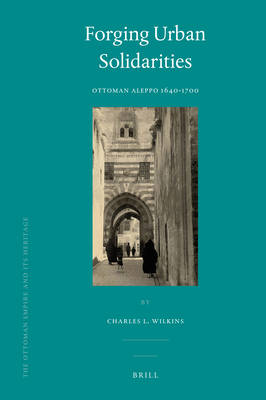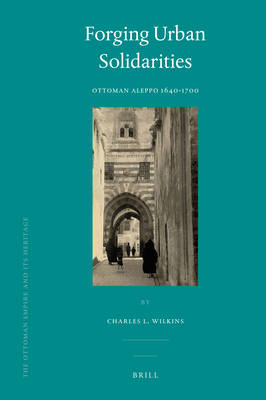
- Afhalen na 1 uur in een winkel met voorraad
- Gratis thuislevering in België vanaf € 30
- Ruim aanbod met 7 miljoen producten
- Afhalen na 1 uur in een winkel met voorraad
- Gratis thuislevering in België vanaf € 30
- Ruim aanbod met 7 miljoen producten
Zoeken
Omschrijving
As with most empires of the Early Modern period (1500-1800), the Ottomans mobilized human and material resources for warmaking on a scale that was vast and unprecedented. The present volume examines the direct and indirect effects of warmaking on Aleppo, an important Ottoman administrative center and Levantine trading city, as the empire engaged in multiple conflicts, including wars with Venice (1644-69), Poland (1672-76) and the Hapsburg Empire (1663-64, 1683-99). Focusing on urban institutions such as residential quarters, military garrisons, and guilds, and using intensively the records of local law courts, the study explores how the routinization of direct imperial taxes and the assimilation of soldiers to civilian life challenged - and reshaped - the city's social and political order.
Specificaties
Betrokkenen
- Auteur(s):
- Uitgeverij:
Inhoud
- Aantal bladzijden:
- 344
- Taal:
- Engels
- Reeks:
- Reeksnummer:
- nr. 41
Eigenschappen
- Productcode (EAN):
- 9789004169074
- Verschijningsdatum:
- 17/11/2009
- Uitvoering:
- Hardcover
- Formaat:
- Genaaid
- Afmetingen:
- 163 mm x 241 mm
- Gewicht:
- 635 g

Alleen bij Standaard Boekhandel
+ 595 punten op je klantenkaart van Standaard Boekhandel
Beoordelingen
We publiceren alleen reviews die voldoen aan de voorwaarden voor reviews. Bekijk onze voorwaarden voor reviews.











